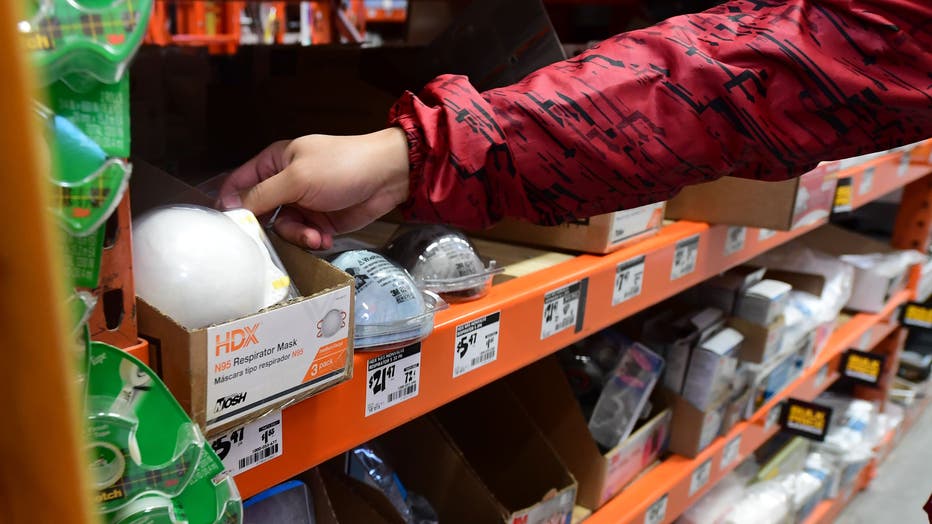Coronavirus outbreak: Who should self-quarantine?
Who should self-quarantine?
Questions about who should and shouldn't self-quarantine are surfacing as more coronavirus cases are confirmed in the DC area.
WASHINGTON (FOX 5 DC) - Questions about who should and should not self-quarantine are surfacing as more coronavirus cases are confirmed in our area.
The Centers for Disease Control and Prevention recommends a 14-day self-quarantine for people who have had direct contact or close contact with someone who has tested positive for coronavirus.
Download the FOX 5 DC News App for Local Breaking News and Weather
Outside Christ Church in Georgetown — where we know the rector of the church and the church organist has tested positive for coronavirus — there were flowers on the doorstep. The church is currently closed.
A positive case of the virus in Loudoun County is of a person who also went to Christ Church, but what about the 500 parishioners who were potentially exposed to the coronavirus and told to self-quarantine? How great is their risk and what about the people they’ve come in contact with since being at the church? Are they at risk too? Should they self-quarantine?
FOX 5’s Tisha Lewis spoke with an epidemiologist at George Mason University who explains who should self-quarantine and what she describes as the "ring of self- quarantine," meaning coronavirus’ reach.

(Photo by FREDERIC J. BROWN/AFP via Getty Images)
Dr. Amira Roess, a professor of global health and epidemiology at George Mason University says, “Individuals who have come into contact with known confirmed coronavirus cases,” should self-quarantine.
“The recommendation is really focused on those individuals,” said Dr. Roess.
Roess says the need to self-quarantine ultimately is determined on a case-by-case basis.
This comes also as Manassas Volleyball Club warns parents about a connection to Marine with coronavirus. One of the group’s players is the daughter of the Marine hospitalized with the coronavirus. His family and close contacts are reportedly quarantined for 14 days.
FOX 5’s Tisha Lewis also asked if sporting events going on without spectators and event cancellations overall due to coronavirus concerns are based on facts and science.
“This is somewhat of an unprecedented and people are trying to make the best decisions they can make,” said Roess.
Ultimately, the science right now is reportedly pointing to a low risk unless you have come into direct contact with someone who has a laboratory-confirmed case.

